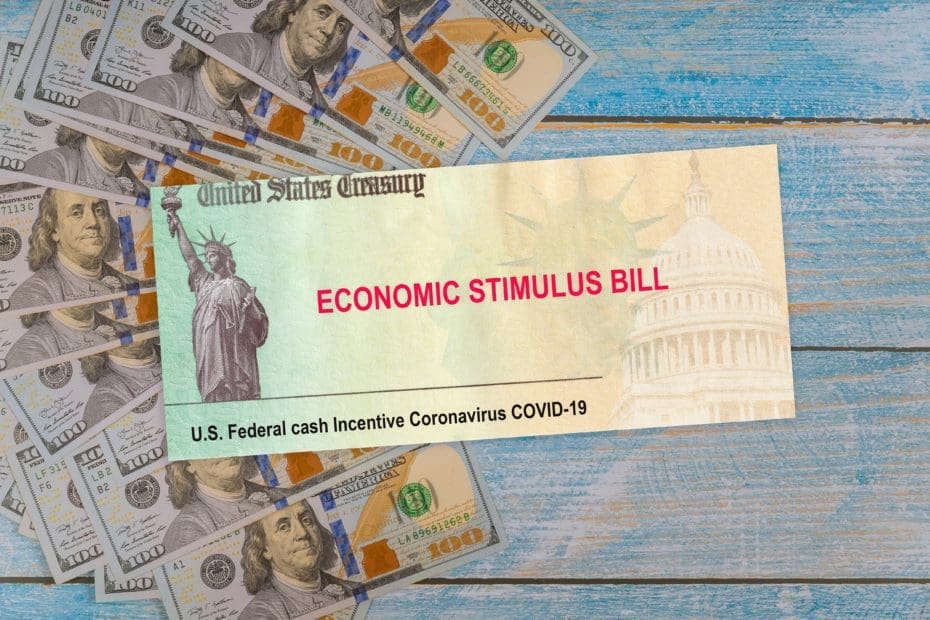Will We Have To Pay Taxes On The Stimulus Money?
- No, the stimulus payment or recovery rebate is a refundable tax credit on your 2020 taxes so that means that no matter how much you owe or don’t owe in 2020, you won’t have to pay taxes on that stimulus money. The payment was based on your adjusted gross income for 2018 or 2019 but technically applies to your 2020 AGI so there is a possibility for discrepancy but the good news is if you got a higher payment you can keep it. Now if your AGI for ’18/’19 is higher than your AGI for 2020 you claim the additional amount owed when you file your taxes in 2021. This applies to dependents under 17 as well. If someone else claims a child now, based on 2018/19 returns, but you legitimately claim that child on your 2020 return, you will get a $500 tax credit when you file in 2021 and the person who got it based on 2018/19 returns will not have to pay it back. If you have a child in 2020 you can claim the child when you file in 2021 and receive the $500 credit then.
What Is The Standard Deduction For 2020?
- The standard deduction for married couples filing jointly went to $24,800 from $24,400, so up $400 from 2019. For single taxpayers and married individuals filing separately, the standard deduction rises to $12,400 for 2020, up $200 from. 2019. For heads of households, the standard deduction will be $18,650 for tax year 2020, up $300.
What Is The Contribution Limit For Employees That Participate In Employer Retirement Plans Or 401(k)?
- This has been increased to $19,500, up $500 from 2019. The catch-up contribution limit for employees age 50 or older increased to $6,500, up $500 from 2019.
I Have Heard That You Can Take An Early Withdrawal From Your Retirement Plan Without A Penalty, Is This True?
- If you qualify for a coronavirus-related distribution (CRD) from your qualified retirement fund in 2020, it will not be subject to a 10% early-withdrawal penalty. The distribution will be taxable, but taxes can be spread over three years instead of being due the year of the withdrawal. If you pay the funds back to the plan within three years, it will be considered a rollover and non-taxable. New rules also allow you to take out a loan of up to $100,000 or the amount in your employer-sponsored retirement plan (whichever is smaller) anytime between March 27, 2020, and September 22, 2020, and delay payments on the loan for up to one year. (Interest will accrue.) If you already have an outstanding loan, those payments can also be deferred for one year.

